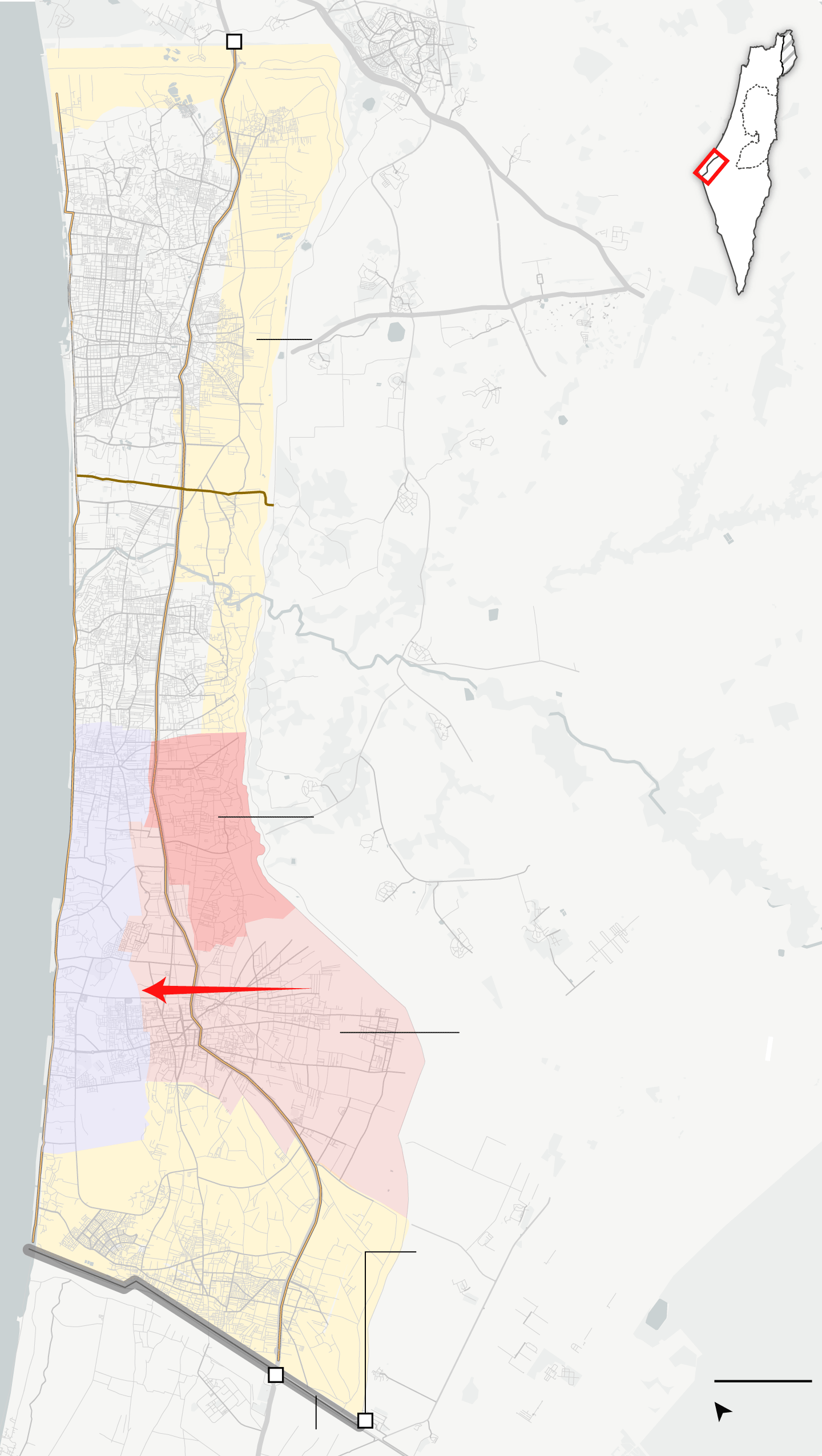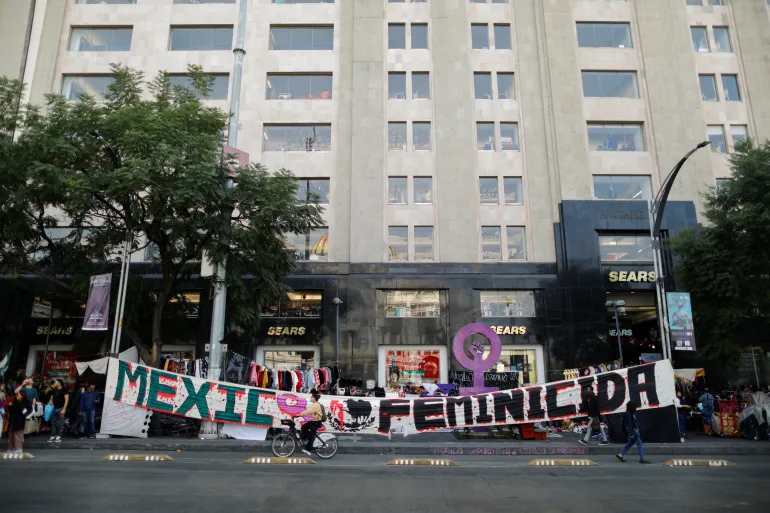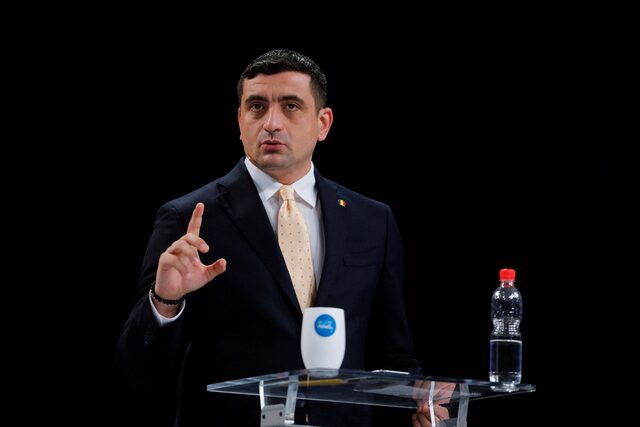Israeli airstrikes across Gaza killed more than 80 Palestinians on Tuesday, May 20, 2025, as the Israeli military intensified its operations in the southern city of Rafah, despite growing international condemnation and humanitarian warnings. The deadly escalation coincides with a breakdown in ceasefire and hostage negotiations, adding further uncertainty to the prospects for ending the war.
The Israeli military reported that it had hit more than 100 Hamas targets over the past 24 hours, including rocket launchers, weapons caches, and militant command centers. However, local health authorities in Gaza said the majority of those killed were civilians, including women and children. Bodies were seen pulled from the rubble in densely populated neighborhoods where families had sought refuge.
“They bombed the house next to us without warning,” said a resident of Rafah. “People are screaming in the streets, digging with their hands.”
The Gaza Health Ministry said the death toll since Israel began its offensive in October 2023 has now exceeded 53,000, with hundreds more injured in recent attacks. The humanitarian situation has further deteriorated, with food, water, and medical supplies critically low and displacement levels reaching unprecedented highs.
The Israeli military insists the Rafah offensive is necessary to dismantle the last significant Hamas battalions and retrieve the remaining hostages taken during the October 7 Hamas assault, which killed 1,200 Israelis and led to the capture of over 250 people. However, recent rescue operations have made little progress, and talks mediated by Qatar, Egypt, and the United States have stalled.
“We have not walked away from the table,” said a senior Israeli official. “But we cannot accept a ceasefire that leaves Hamas intact in Rafah.”
Meanwhile, global pressure on Israel is mounting. The United Nations, European Union, and several Western governments — including France, Canada, and the UK — have warned that continued attacks on civilian areas may violate international law. On Monday, France’s foreign minister called Israel’s easing of aid restrictions “insufficient,” and other allies have hinted at possible sanctions or arms embargoes.
The United States has called for restraint but has not publicly condemned Israel’s operations. President Donald Trump, who has positioned himself as a potential peace broker, is expected to hold talks with Israeli and Qatari officials later this week.
In Israel, public opinion remains divided. Protests have erupted in Tel Aviv demanding a deal to bring hostages home, while government hardliners insist that military pressure is the only path to lasting peace. Prime Minister Benjamin Netanyahu continues to defend the Rafah operation, describing it as a “moral necessity.”
“We will finish this war with a decisive victory. We will not be stopped by international hypocrisy,” Netanyahu declared in a televised speech.
On the ground, the situation in Gaza grows more desperate by the day. Aid convoys have struggled to enter, with only a trickle of supplies reaching those in need. The World Food Programme warned of a looming famine, particularly in the north where access remains blocked.
With diplomatic channels frozen, and the humanitarian crisis deepening, international observers warn that Gaza may soon face an irreversible collapse of health, education, and civil infrastructure.
Unless a breakthrough in ceasefire talks occurs soon, the Rafah operation appears set to continue — with devastating consequences for civilians, growing global backlash, and no clear path toward resolution.



